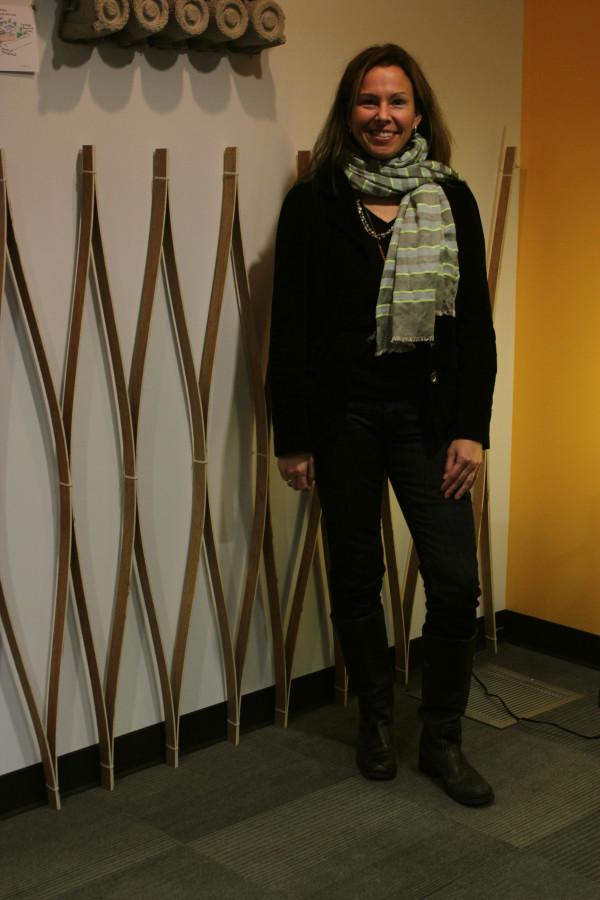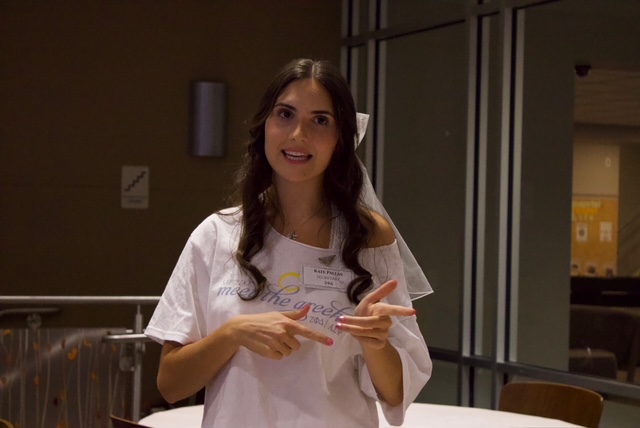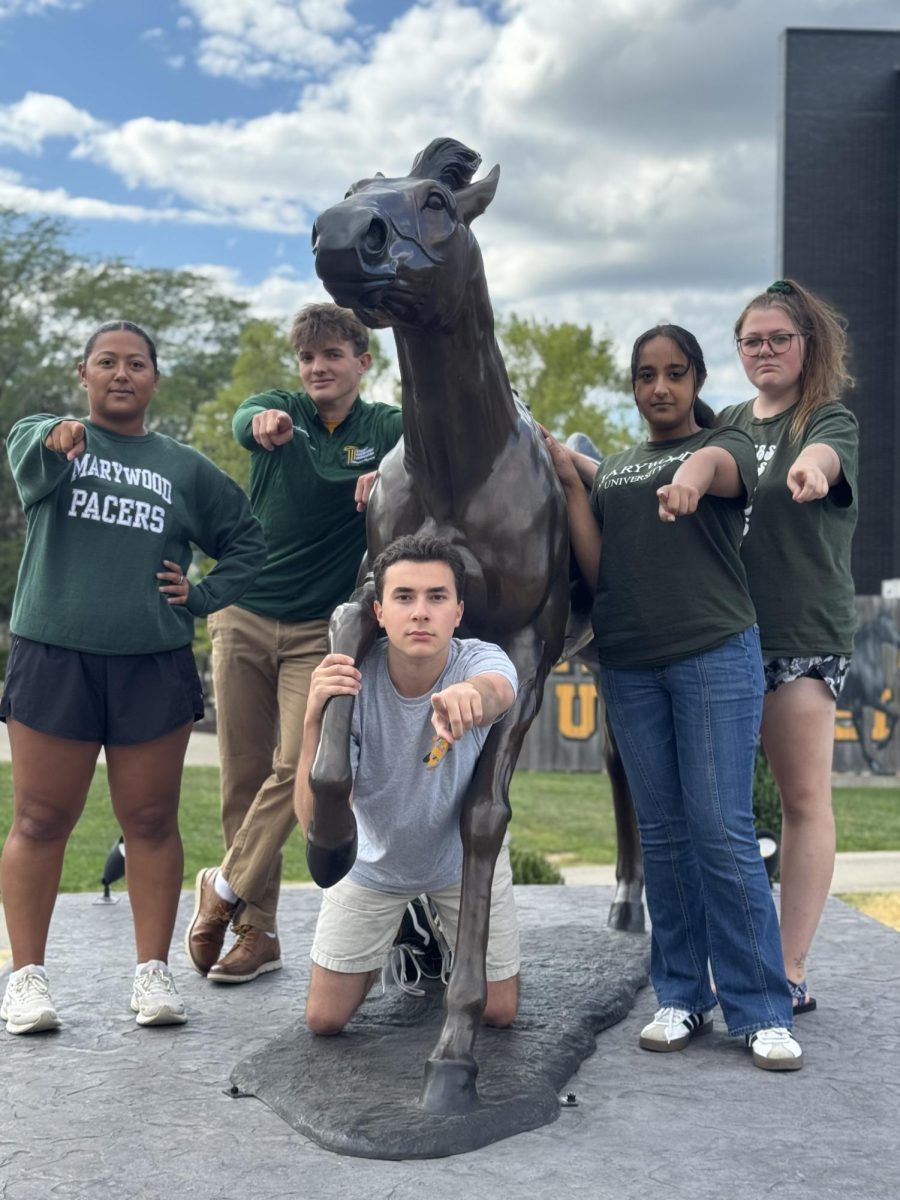Kate O’Connor, assistant professor in the School of Architecture, strives to center her design around an integral philosophy known as “socially responsible architecture.” Recently, she had to use this philosophy to better the lives of some nontraditional clients.
O’Connor is working on a project to design housing for the chickens that survived the Interstate 81 accident on GIVE DATE HERE PLEASE. The chickens, headed for slaughter, fell from the truck, and many were injured in the accident. The chickens are top heavy, lack an efficient immune system, and have various special needs.
“Whether I am designing something for a chicken, a pig, or a family of five, it is the same learning experience,” said O’Connor. “You are always learning about individual behaviors, individual needs, and how to accommodate them in your design whether they are human or animal.”
“Socially responsible architecture” is practiced by many other designers. It is architecture that understands human needs, has social consciousness, and provides a balance of design with environmental awareness.
“It is a grassroots philosophy that all people deserve good design regardless of socioeconomic status,” O’Connor said.
And, the chicken project was not O’Connor’s first designs for animals. Two 1,300 pound pigs named Duncan and Nugget now find refuge at Indraloka Animal Sanctuary, LOCATION, after O’Connor and volunteer students from the Marywood University School of Architecture (MUSOA) designed and built a structure made from sustainable materials that is able to withstand their strength and house their enormous size comfortably.
Joe Savo, a fourth year student of architecture, and volunteer in the build talked about his experience with O’Connor, “She is a professor you can relate to. She is really dedicated to her work and her students,” he said.
O’Connor said she hopes to inspire her students in the School of Architecture to look at things differently, whether it is something that already exists, or a future design. She wants her students not to be afraid to make mistakes. “It builds character,” she said. “You learn, and you become a better person from it.”










